Introduction
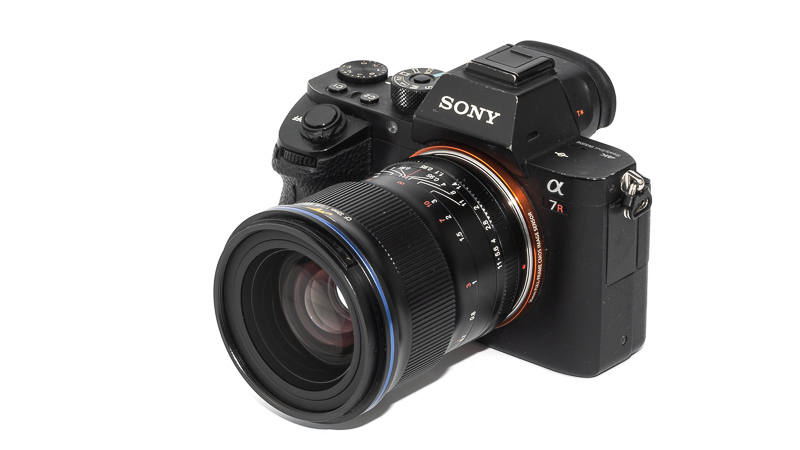
Regulars know we only rarely review APS-C lenses, but a 33mm f/0.95 lens with floating elements did manage to catch my attention, especially as it should give an idea of what to expect from the future full frame lenses of Laowa’s Argus line, so let us see what the Laowa 33mm 0.95 CF has in store for us!
Sample Images

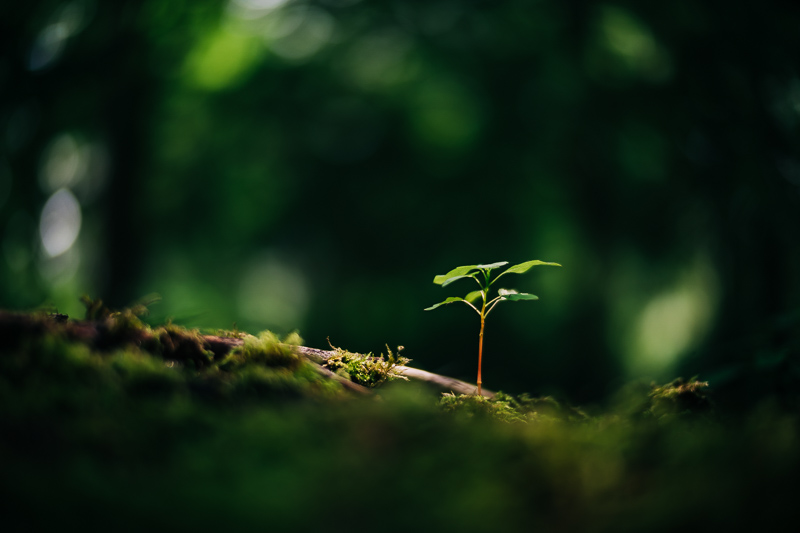
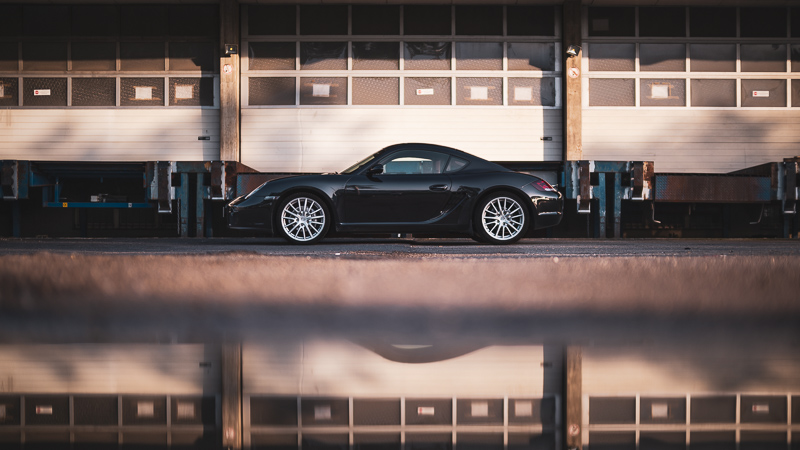
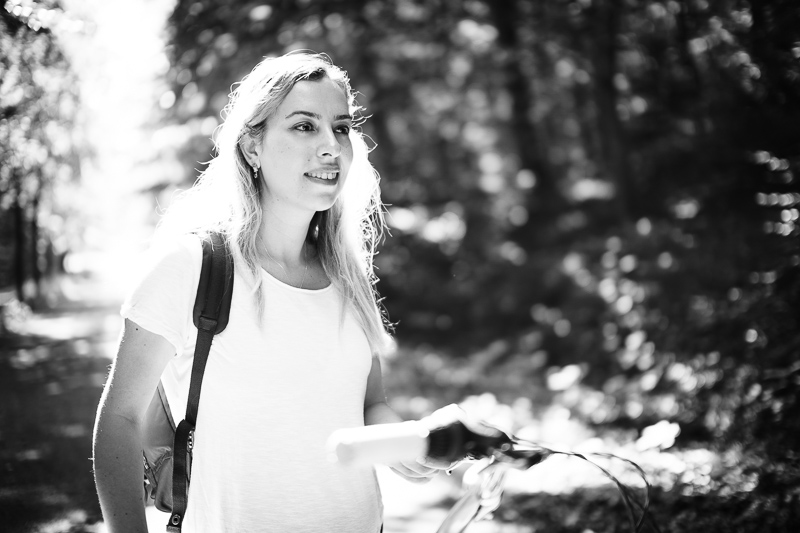
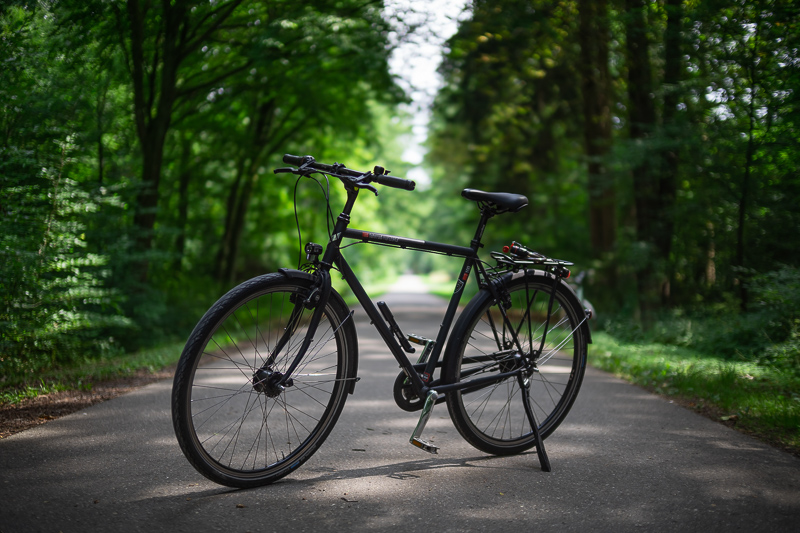
You can find most of the sample images in full resolution here.
Contents
Specifications / Version History
With 14 elements in 9 groups the Laowa 33mm 0.95 is a rather complex prime lens and im combination with the metal barrel this also leads to substantial weight. The full specifications are:
-
- Diameter: 71.5 mm
- Field of view: 46.2° (diagonally, APS-C)
- Length: 83 mm
- Weight: 575g (without hood, without caps)
- Filter Diameter: 62 mm
- Number of Aperture Blades: 9 (slightly rounded)
- Elements/Groups: 14/9
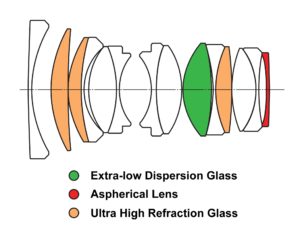
- Close Focusing Distance: 0.35 m
- Maximum Magnification: 1:7.8
- Mount: Sony E (APS-C)
The lens is available from manufacturer’s homepage | amazon.com | amazon.de | B&H | ebay.com | ebay.de (affiliate links) and the price is $499/599€.
Handling/Build quality
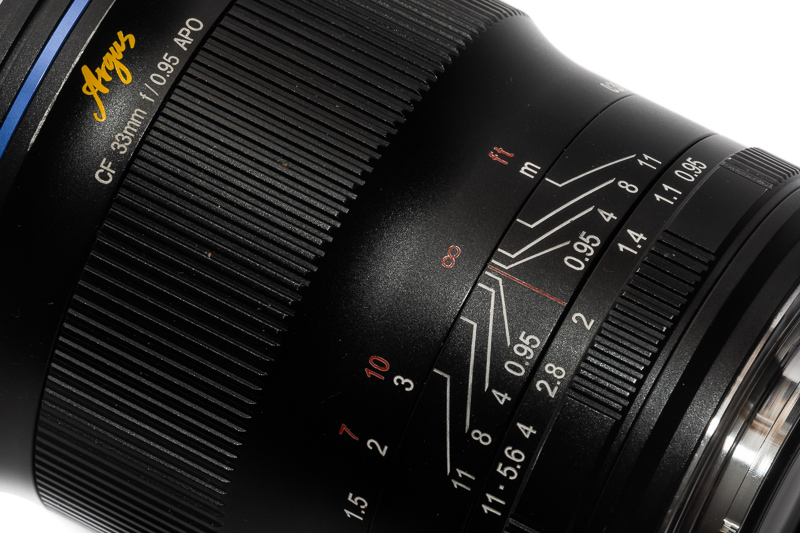
The Laowa 33mm 0.95 CF is a full manual lens without any electronic contacts or communication with your camera. Focus as well as aperture need to be set manually on the lens.
The focus ring has a really nice resistance and turns a little more than 270° from the minimum focus distance of 0.35 m to infinity. This is a rather long focus throw which I think is a very good design choice for an f/0.95 lens where you will often deal with shallow depth of field and need to be able to set precise focus.
The aperture ring is a bit disappointing as Laowa took a step back from previous lenses like the Laowa 15mm 2.0 Zero-D FE: there are no click stops (therefore also no de-click-feature) and the stops are not equidistant. Some people more into video may like the clicklessness, but to me it happened very often that I accidentally changed the aperture value.
So compared to some other chinese lenses – especially the TTArtisan ones manufactured by DJ-Optical – the aperture ring feels a bit cheap here.
What sets the Laowa 33mm 0.95 apart from almost all the other chinese non-Laowa lenses is the floating elements and internal focus design. This makes a huge difference as we will see in the sharpness sections.
The outer casing of the lens seems to be made from a mix of high quality polycarbonate and metal parts, markings are engraved and filled with paint.
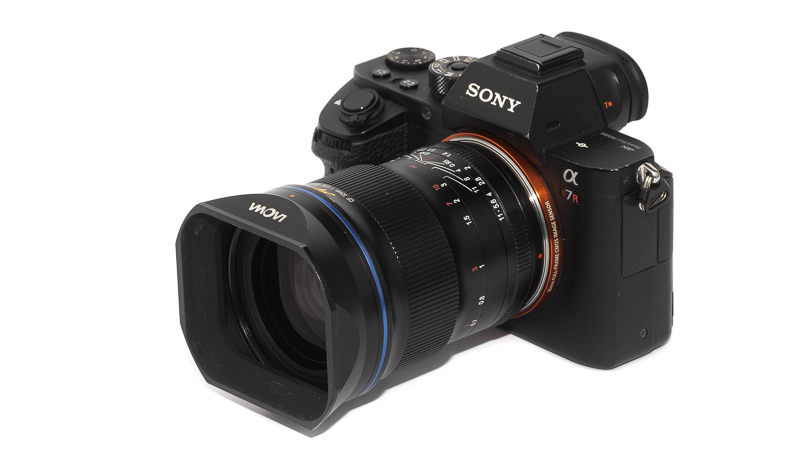
The lens comes with a bayonet type rectangular metal hood. I quite like these designs for being less bulky than the usual hoods but they also make using a filter in combination with the hood more difficult.
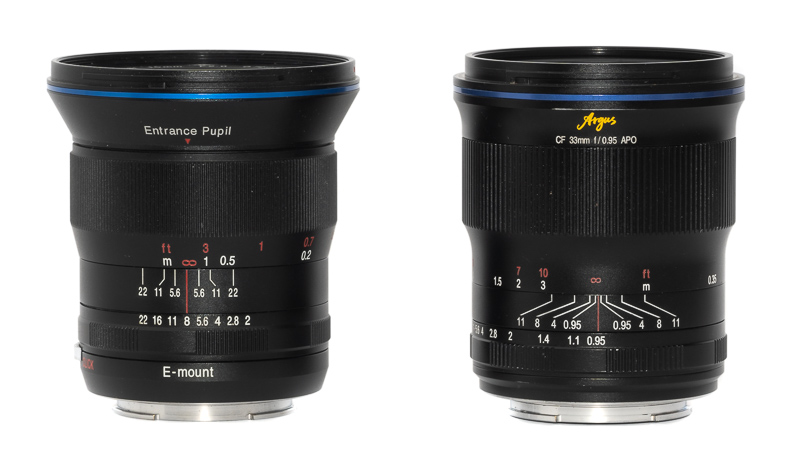
For an APS-C lens the Laowa 33mm 0.95 CF is not small, it is similar in size to e.g. the Laowa 15mm 2.0 FE or the Sony FE 35mm 1.4 GM.
Vignetting
light falloff (APS-C)
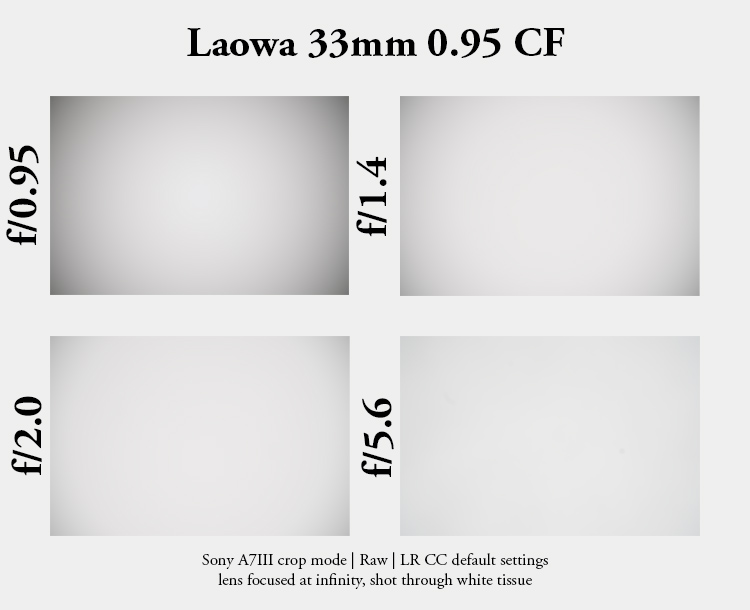
| f/0.95 | 2.6 EV |
| f/1.4 | 1.7 EV |
| f/2.0 | 1.3 EV |
| f/2.8 | 1.0 EV |
| f/4.0 | 0.8 EV |
| f/5.6 | 0.6 EV |
| f/8.0 | 0.6 EV |
| f/11 | 0.6 EV |
The values are comparable to those of other fast lenses, stopped down the vignetting is actually less severe than I would have expected.
light falloff (Fullframe)
Now I am sure – as it is the case with every APS-C lens – you are wondering how much of the fullframe area this lens covers. This highly depends on the focus distance. As a general rule of thumb remember this: vignetting is always significantly reduced as you focus closer, keep that in mind when someone shows you a picture of a flower he found on his balcony telling you “APS-C lens xy totally covers fullframe, bargain of the year!!!”.
Furthermore the transition between black and not black is significantly softer at wider apertures, so it also gets worse when you stop down.
Also consider that bokeh as well as sharpness deteoriate big time when leaving the APS-C area.
Nevertheless, technically the lens covers a bit more than the APS-C area, so here is a comparison between fullframe uncropped, fullframe cropped so that there are no black edges at f/0.95 and the APS-C framing:
optical vignetting
Fast lenses usually show a noticeable amount of optical vignetting. Without going too much into technical details optical vignetting leads to the truncation of light circles towards the borders of the frame.
In the center of the frame almost every lens will render a perfect circle, but only lenses with very low optical vignetting will keep this shape in the corners.
So in the following comparison we move from the center (left) to the extreme corner (right) and see how the shape of the light circle changes.
The Laowa 33mm 0.95 was set to 0.6 m focus distance, results may vary at other distances.
Optical vignetting is noticeable at wider apertures, as is to be expected from an f/0.95 lens. An average performance.
Sharpness
infinity (18mp Sony A7rII in crop mode)
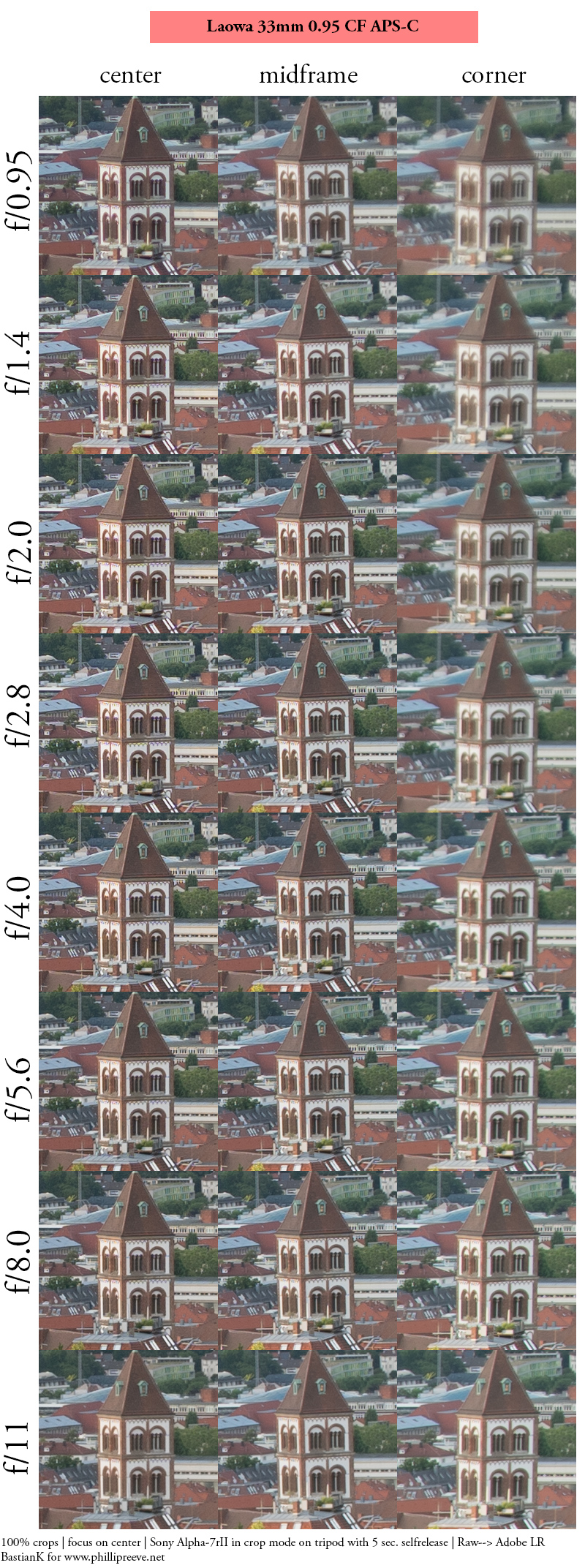
When we compare the Laowa 33mm f/0.95’s results to those obtained with other f/0.95 lenses I reviewed here they look simply spectacular. There is no relevant field curvature, the midframe looks almost as good as the center and even the corners might be good enough at wider apertures for some use cases.
Stopped down to f/8.0 the performance across the whole frame leaves little to be desired, which is also rare for super fast lenses like this.
Now to put things into perspective the other f/0.95 lenses I reviewed are fullframe 50mm lenses.
So instead we might have to compare the Laowa 33mm 0.95 to the TTArtisan 50mm 1.4, which will give a comparable subject isolation when used on a fullframe camera and features an entrance pupil of the same size.
Here we see a better midframe on the Laowa lens at wider apertures whereas the corners get to very good levels 2 stops earlier on the TTArtisan lens, still, I would call this a draw and the f/0.95 lens should be the lens harder to design here.
In the end I am pleasantly surprised by the Laowa’s performance in this category.
portrait distance (1.4 m)
For portraiture it isn’t so important how flat the field is, it is more interesting to see what the sharpness is like when focused at different parts of the frame to take field curvature out of the equation.
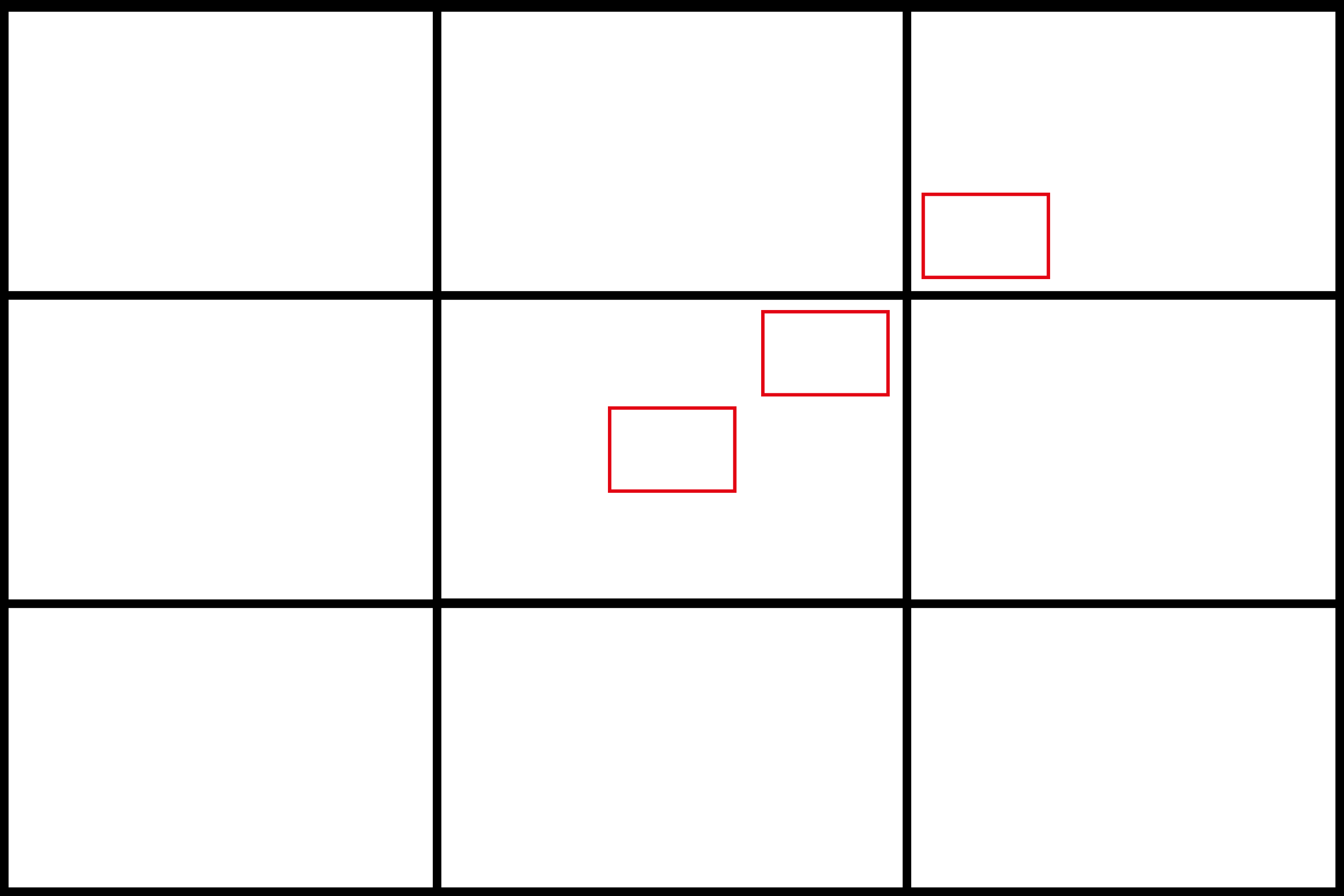
This is what I did here, I refocused for every shot and aperture to get the best possible result at different locations in the frame (center, inner midframe and outer midframe).
Focus distance was roughly 1.4 m and the circle of the dollar bill is more or less the size of a human eye.
100% crops, A7rII
Away from the center the Laowa 33mm 0.95 CF is a bit soft at the maximum aperture, but astigmatism is generally well corrected and for portraiture applications it should yield pleasing results.
This lens fares noticeably better here than the fullframe 50mm f/0.95 lenses I have reviewed (e.g. TTArtisan 50mm 0.95 or Zhong Yi 50mm 0.95), but a well corrected fullframe 50mm f/1.4 lens has a slight edge (e.g. TTArtisan 50mm 1.4).
Unlike on not-as-well-corrected super fast lenses setting precise focus off center was not an issue with this lens.
close (0.35 m, 1:7.8)
100% crops from center, A7rII
Now at the minimum focus distance things get really interesting. What is surprising is the almost complete absence of spherical aberration even at the maximum aperture.
If you look at reviews of (even way more expensive) fast lenses without a floating elements design you will notice very soft images, but this is not the case here: the Laowa 33mm 0.95 is very contrasty and high resolving, even at f/0.95.
Have a look at some of my other reviews to see the difference: Zhong Yi 50mm 0.95 M, TTArtisan 50mm 0.95, Voigtländer 50mm 1.2 E to only name a few.
Now there is a price to be paid for that and that (apart from size and weight) is very high field curvature which is easily visible in the f/0.95 crop. If you are taking pictures of a flat subject it takes at least f/5.6 for decent across frame performance, but don’t get me wrong: this level of spherical aberration correction is amazing for a lens with these parameters and it is the first f/0.95 lens that is actually usable at the minimum focus distance.
If you don’t know what spherical aberration and field curvature means maybe have a look at this article.
Flare resistance
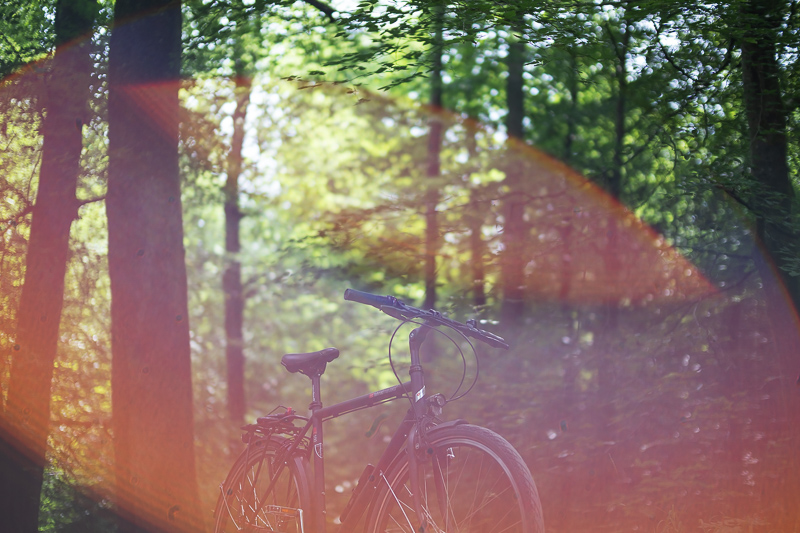
As always evaluating flare is a complex matter since you can get any lens to look bad if you push it hard enough and a slight change of scenario can affect results a lot.
At wider apertures there are some obvious issues though: with a strong point light source in the frame a big ring flare appears and veiling flare also is an issue. Both these things improve on stopping down but here you will get some severe ghosting.
You should also really use the hood, as you can see from the picture above where I forgot it at home.
Also at night strong light sources will yield a ring flare at wider apertures. Considering the big and plenty lens elements the performance is not a big surprise, still I was hoping for a bit better, but maybe you are one of those that love lens flares in their pictures and like to use them for artistic purposes.
Coma
100% crops from APS-C corner, focused on center, A7rII
Coma is visible at wider apertures as was to be expected, but other f/0.95 lenses have fared significantly worse here. It still needs stopping down to f/5.6 to reduce this aberration to very low levels though.
Distortion
Sony A7rII | Laowa 33mm 0.95 CF | f/2.8
There is low barrel distortion visible with a very slight waviness towards the corners. Lightroom does not feature a correction profile, but as the distortion is mostly uniform, dialing in +4 is doing a decent job.
Bokeh
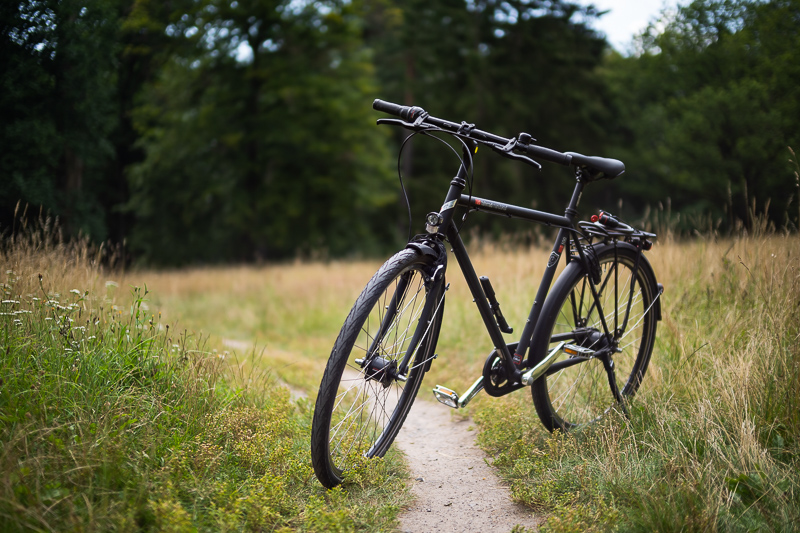
If you are considering an f/0.95 lens it is probably because of the shallow depth of field it can yield. When it comes to bokeh there is not only quantity though, but also quality, so let us have a closer look how the lens performs at different distances.
As is ususally the case in close focus scenarios the bokeh is smooth and non-distracting, what is unusual compared to the other f/0.95 lenses I have reviewed is the high sharpness and resolution at these distances:
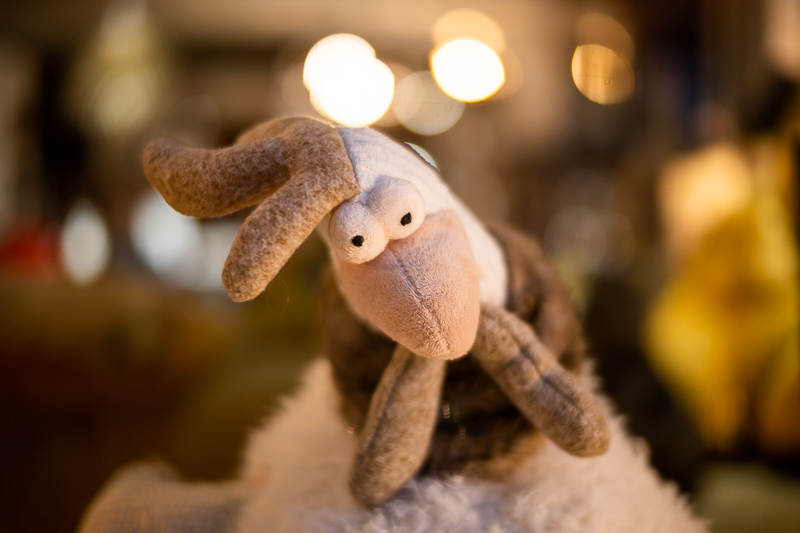
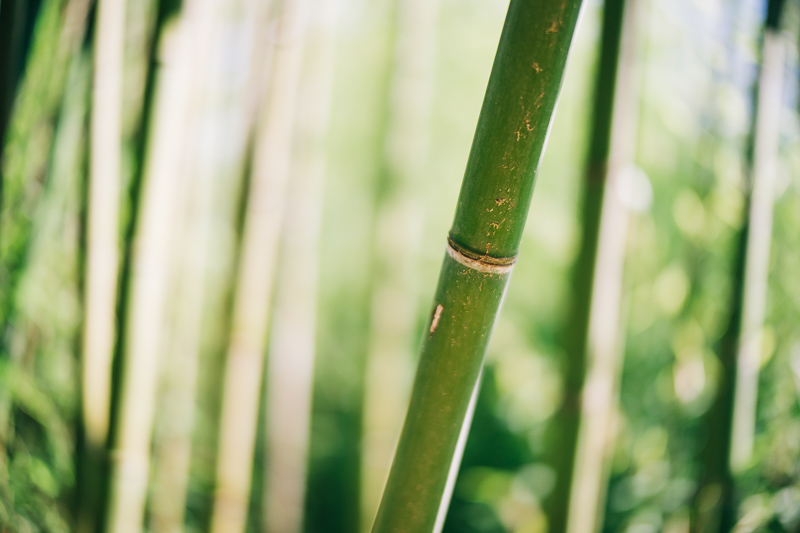
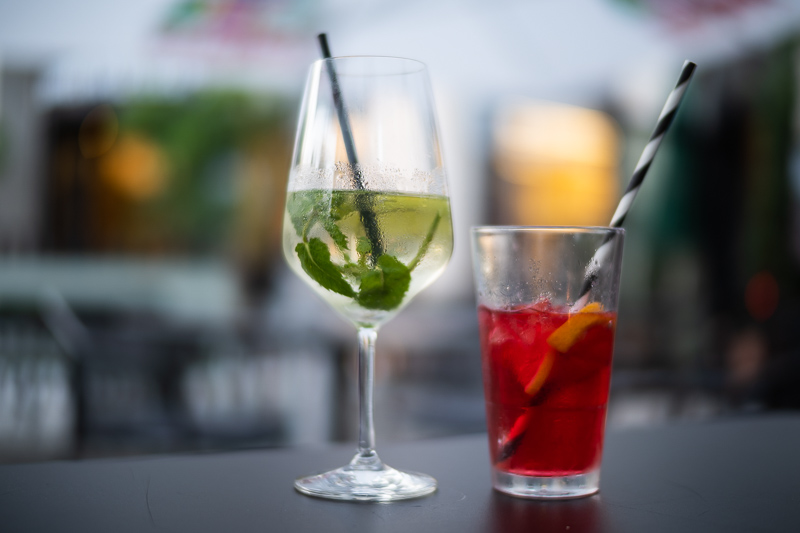
At head and shoulder portrait distance the blur is still very smooth but the cat’s eye bokeh towards the corners becomes more obvious. Still, it looks really nice to my eyes.
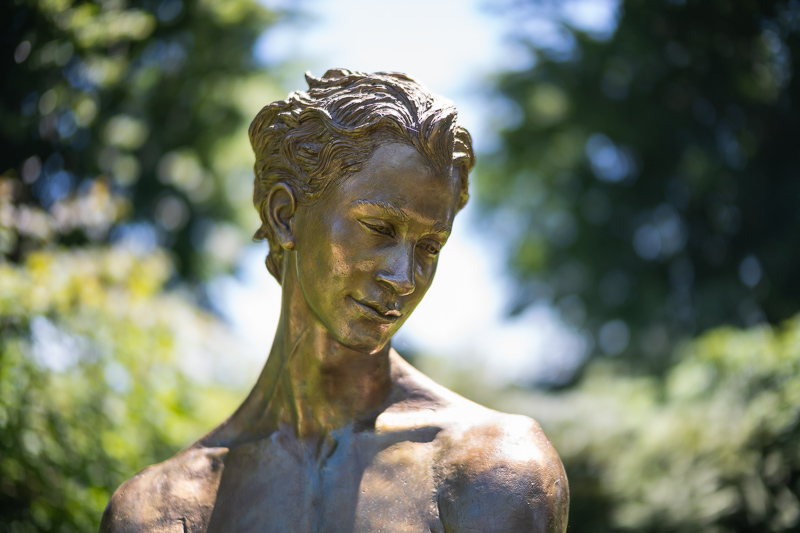
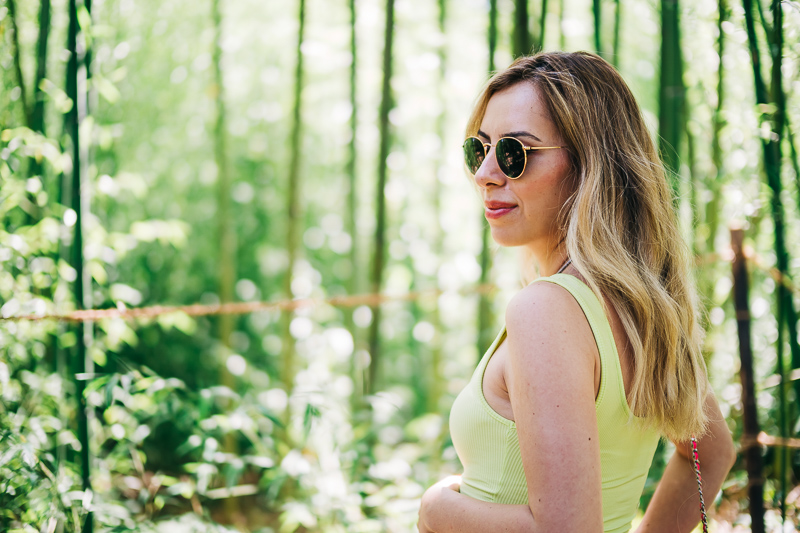
Now at longer focus distances the effect of optical vignetting becomes obvious, have a look how the water looks close to the center of the frame compared to the border regions: it looks less out of focus due to the optical vignetting:
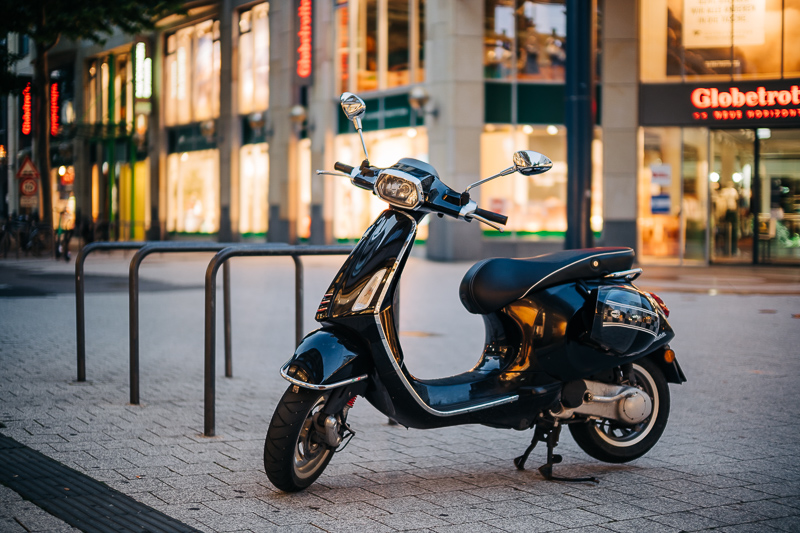

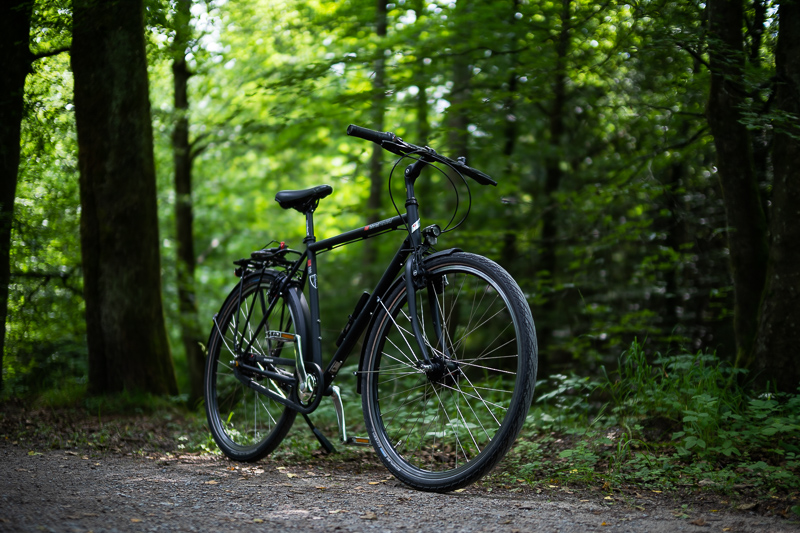
Similar to e.g. the Sigma 50mm 1.4 EX we also see triangle shaped highlights towards the corners.
Personally, I still like the bokeh rendering of the lens as it is mostly smooth and undistracting, this is a subjective topic though, so best have a look at the sample images provided and decide for yourself if you like what you see.
Sunstars
crops from center, A7rII
The Laowa 33mm 0.95 CF has 9 rounded aperture blades which are well but not perfecly aligned therefore the sunstars are not well defined, especially at wider apertures. Between f/8.0 and f/11 they do look decent though. If you want to learn more about this topic have a look at this article.
Chromatic aberration
lateral
Lateral CA are very well corrected by the optical design and nothing to worry about.
longitudinal
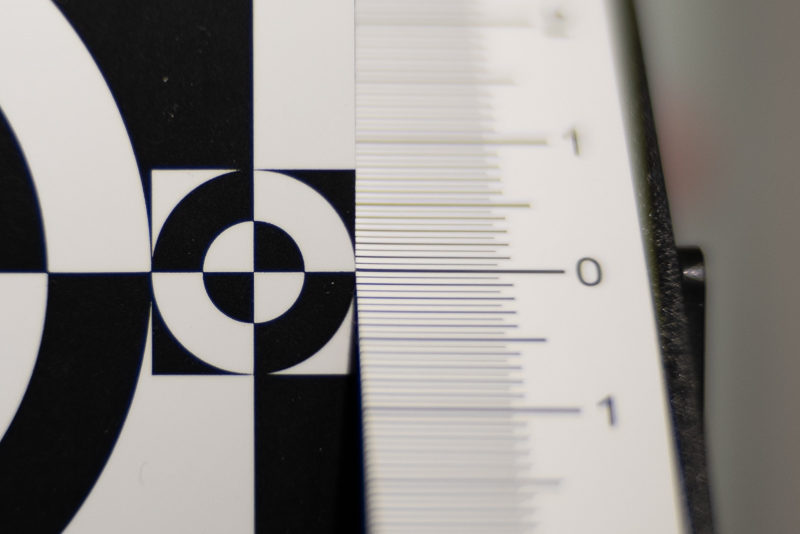
Laowa gave the 33mm 0.95 CF the Apo tag and from what I have seen this is well deserved. It may not be completely free of longitudinal CA, but considering the maximum aperture of f/0.95 the performance is really, really good, as you can see from the following picture, where there are only small traces of outlining visible.
Alternatives
Nowadays there are plenty of fast ~35mm APS-C lenses available: 7Artisans offers a 35mm f/1.2 (already MK II) as well as a 35mm f/0.95. Zhong Yi also offers a 35mm f/0.95, Meike a 35mm f/1.2 and then we have plenty of 35mm f/1.4 lenses more, even some with autofocus. I haven’t used any of those, so if you want to know more about them you have to look at other reliable sources, e.g. Lenstip, Cameralabs or Mirrorlessons who more often review APS-C stuff.
What I can tell you is that the Laowa 33mm 0.95 is the most sophisticated, featuring the highest element count as well as a floating elements design. Therefore I expect way better performance at closer distances compared to the competition. It might also be the heaviest and biggest of these lenses though.
Conclusion
good
|
average
|
not good
|
Now all the f/0.95 lenses released so far, except for the unobtainably expensive Leica 50mm 0.95 and Nikon 58mm 0.95, have been rather simple unit focus designs with plenty of compromises like subpar sharpness at closer distances as well as infinity, really bad coma correction, severe issues with longitudinal CA and bad flare resistance.
When I saw the optical design – and taking into account the experience of Laowa’s lens designer – I was hoping for some improvements and in many categories this is what we got: sharpness is significantly better than on the other f/0.95 lenses I have used as is the CA correction. Coma correction – while not great – is much better, too. Flare resistance is an issue with this lens as well though and we still don’t have electronic contacts for E-mount, unfortunately.
If you are using a fullframe camera it is probably a better idea to get a good 50mm f/1.4 lens in the first place which will do the same thing in a more compact package. But if you are an APS-C shooter this is a good option to get the subject separation and low light capabilities of a fullframe 50mm f/1.4 lens for your APS-C camera and at a decent price point.
Now I am not an APS-C shooter, but I enjoyed using this lens and now I really hope the upcoming fullframe Laowa f/0.95 lenses will be a lot like this: good sharpness thanks to a floating elements design, nice bokeh, fair price.
The lens is available from manufacturer’s homepage | amazon.com | amazon.de | B&H | ebay.com | ebay.de (affiliate links) and the price is $499/599€.
Sample Images

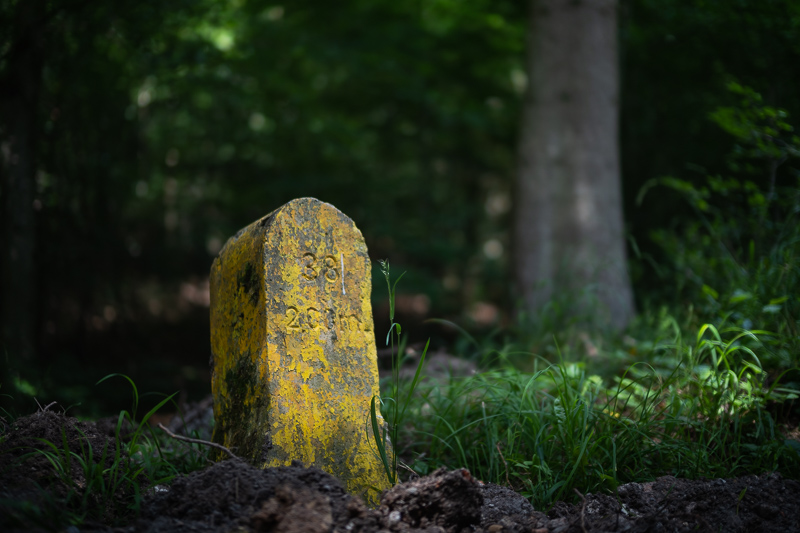
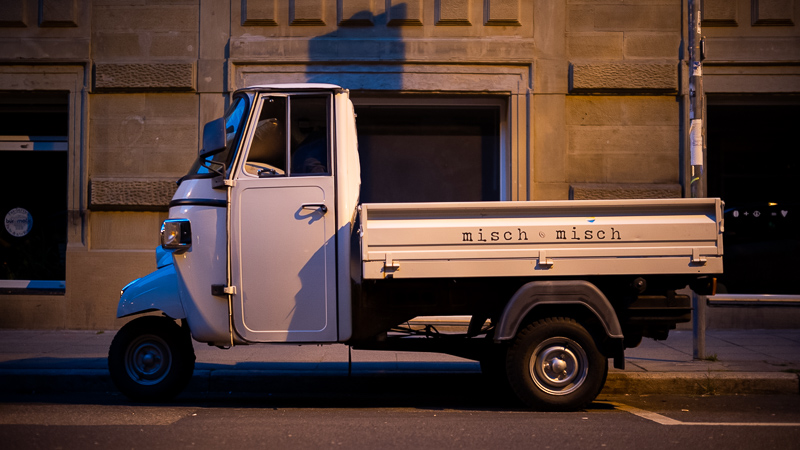
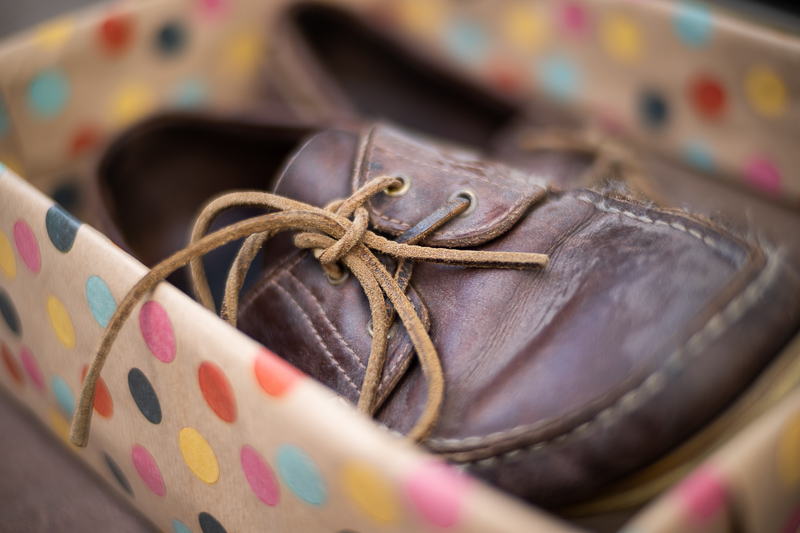
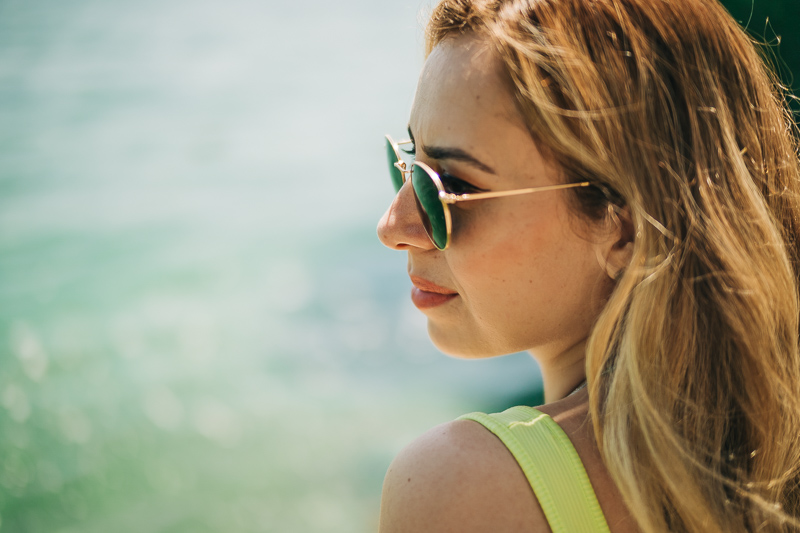
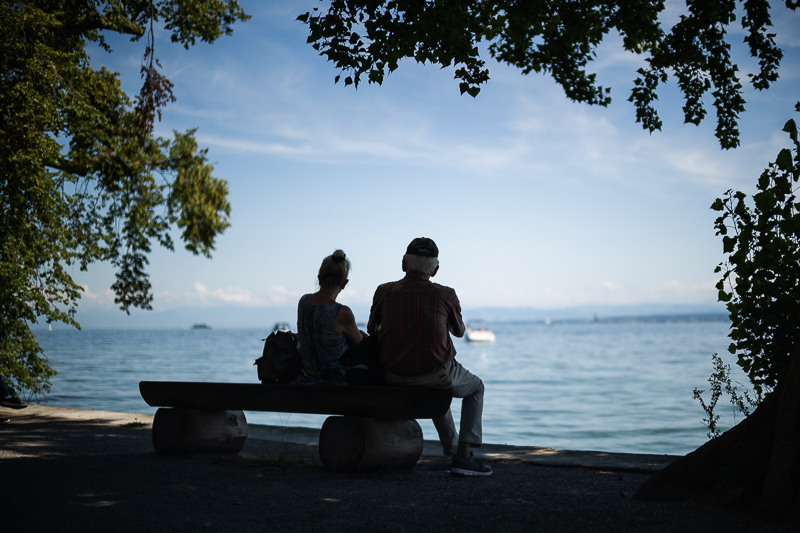
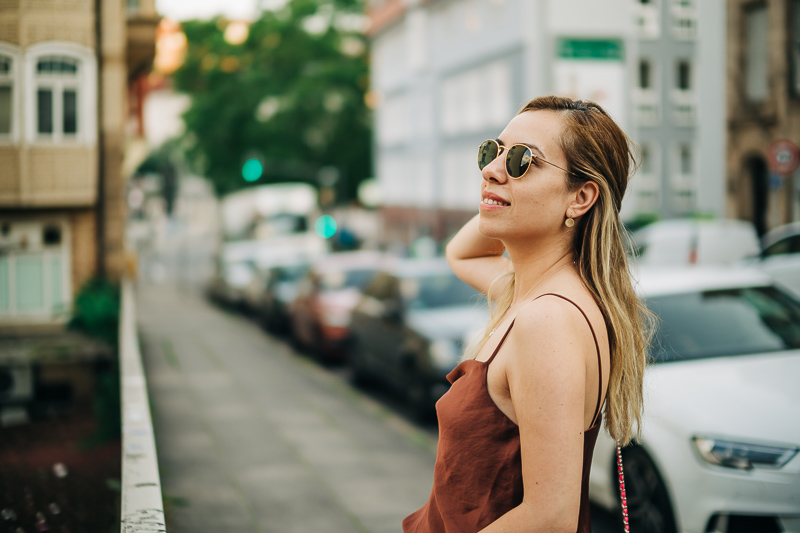
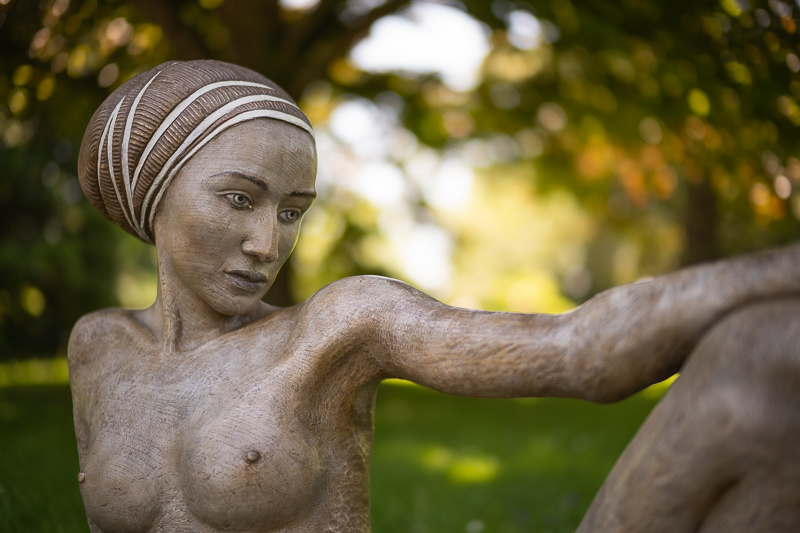
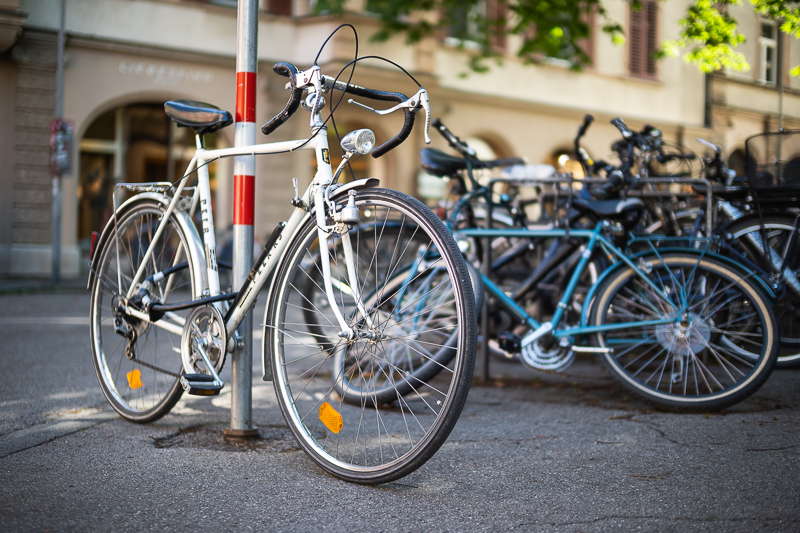
You can find most of the sample images in full resolution here.
Further Reading
- Sony FE lenses: Our comprehensive and independent guide
- Sony FE lenses: Our guide to portrait lenses from 85 to 135mm
- What makes a picture good?
- Lens aberrations explained
Support Us
Did you find this article useful or just liked reading it? Treat us to a coffee!
![]()
![]()
![]() via Paypal
via Paypal
This site contains affiliate links. If you make a purchase using any of the links marked as affiliate links, I may receive a small commission at no additional cost to you. This helps support the creation of future content.
Latest posts by BastianK (see all)
- Review: Omnar 50mm 2.0 Bertele FLB - January 27, 2026
- Review: DJ-Optical 50mm 1.0 M - January 24, 2026
- Analogue Adventures – Part 48: Hexar RF - January 21, 2026
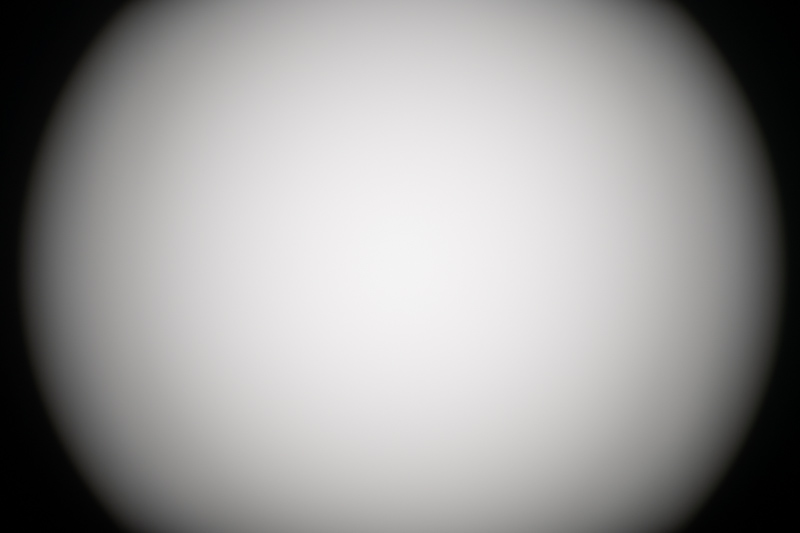
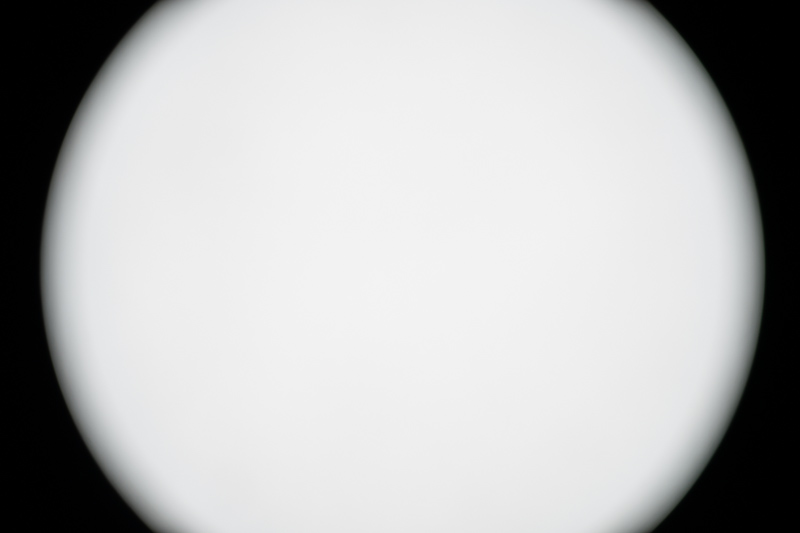











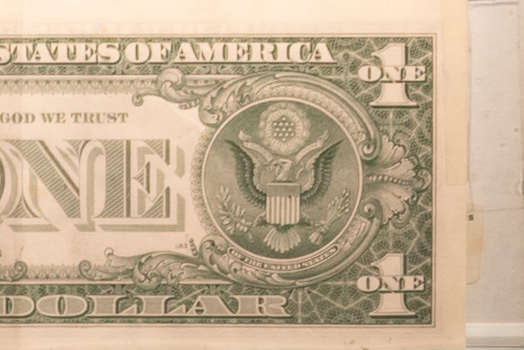





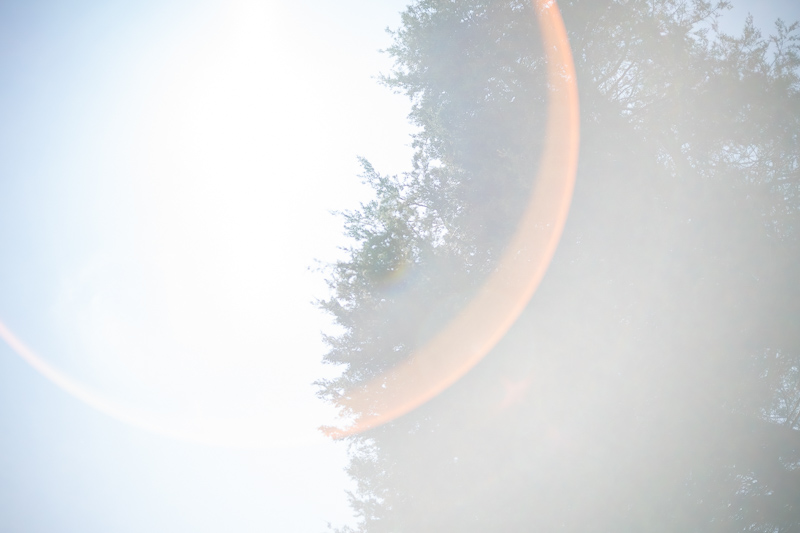

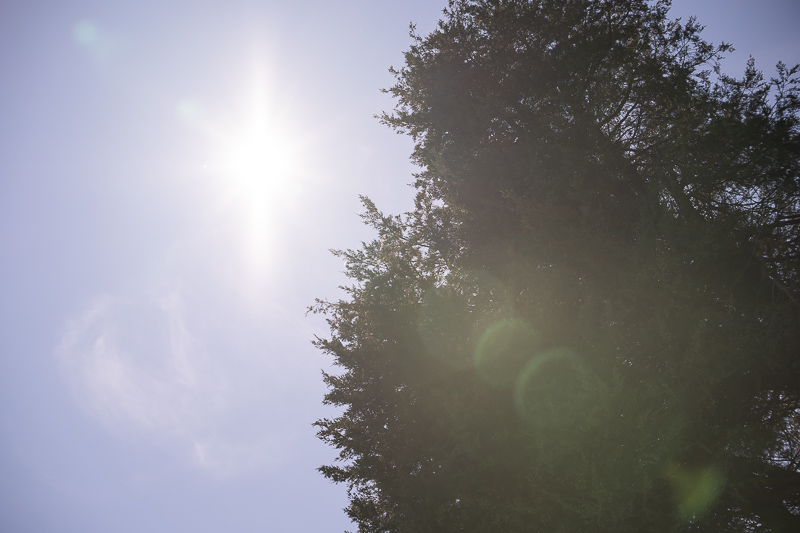
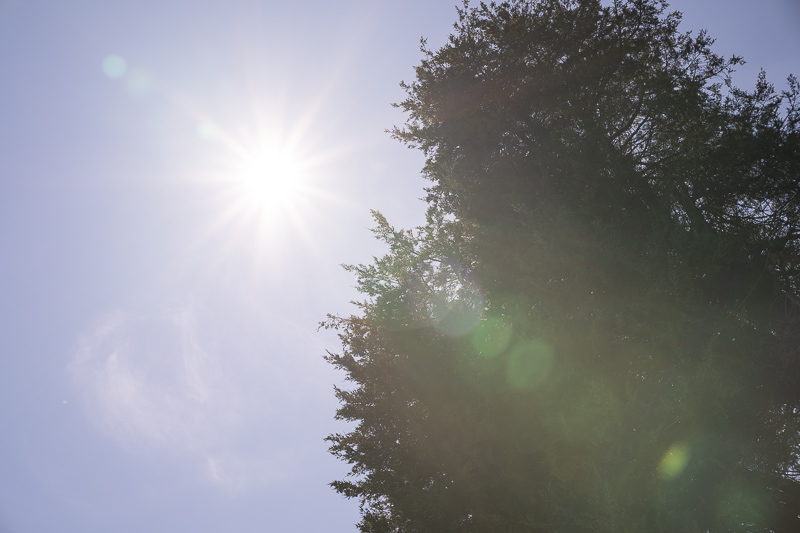


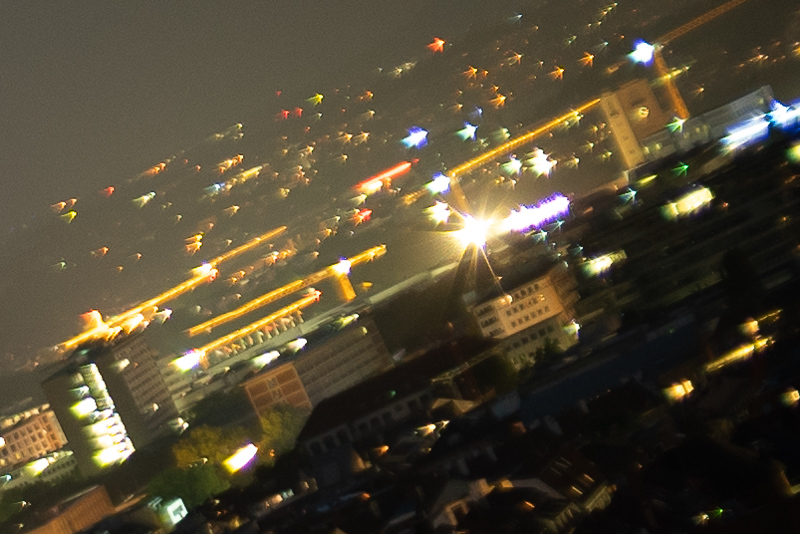


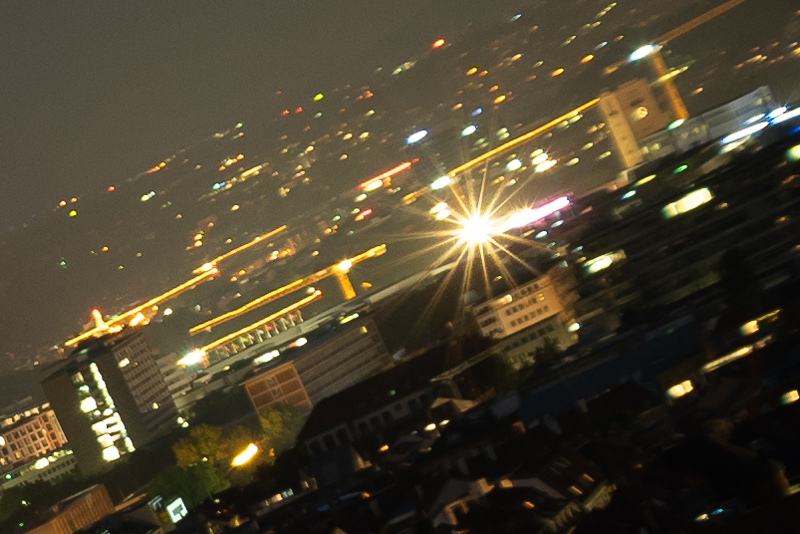
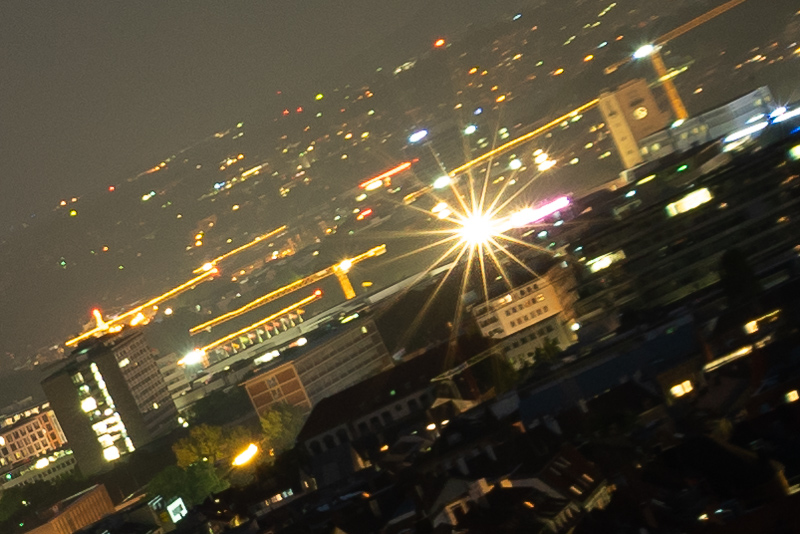
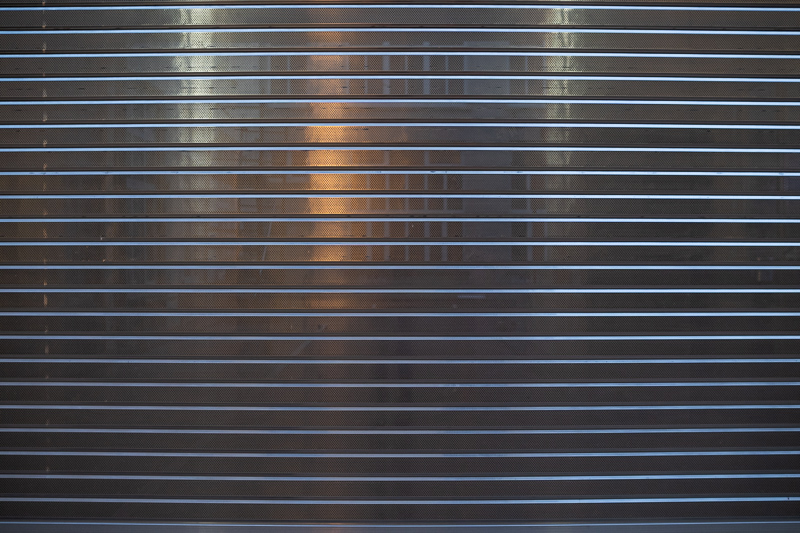
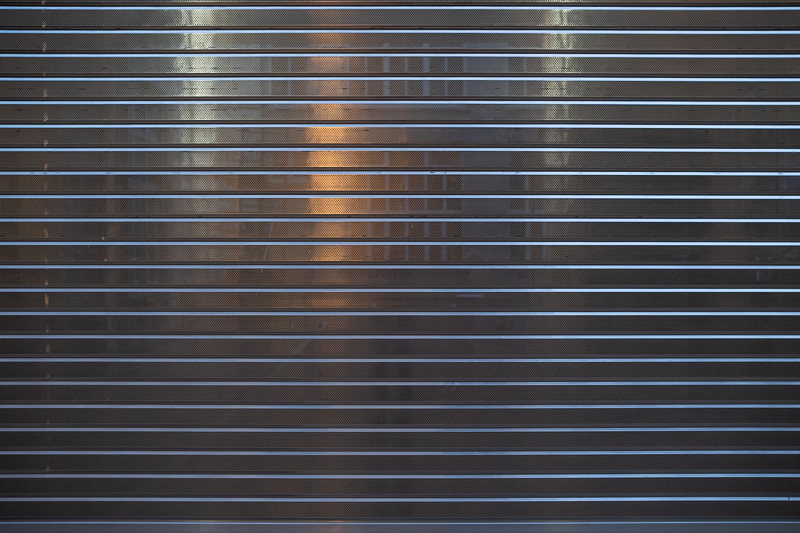
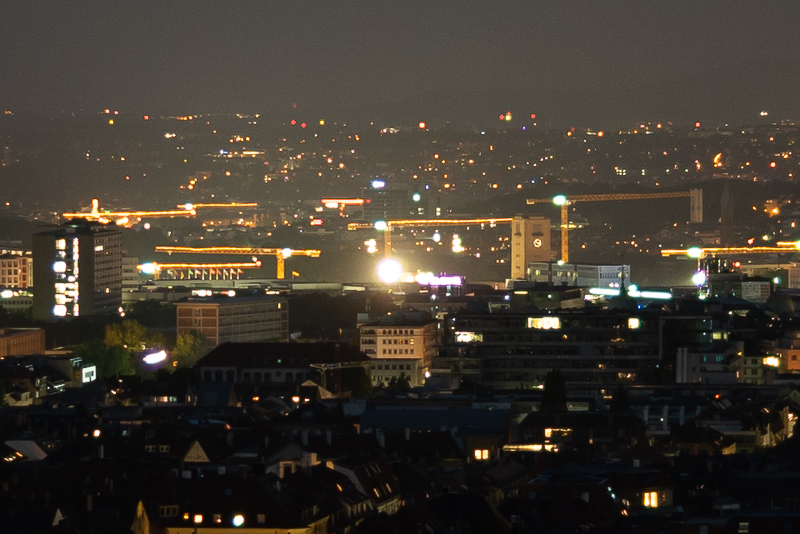
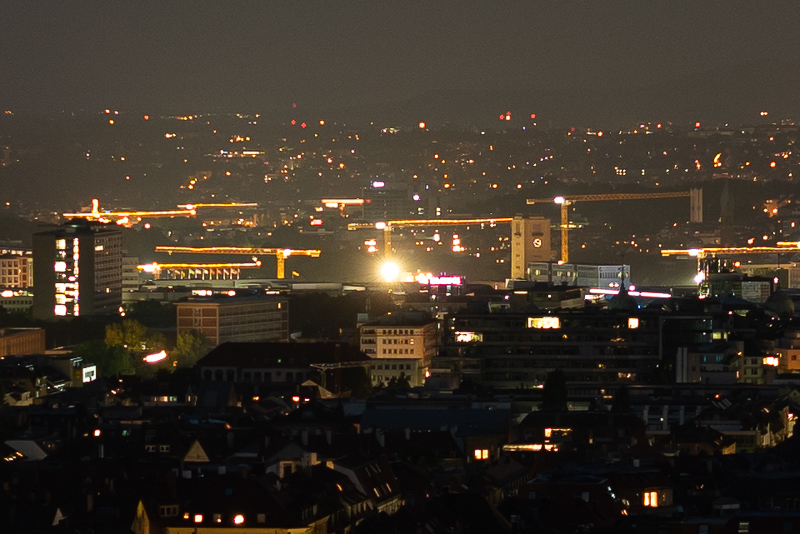
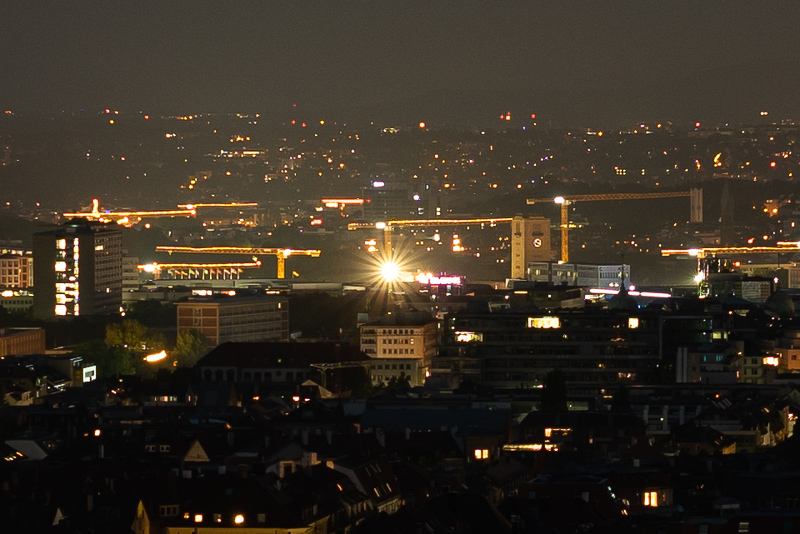
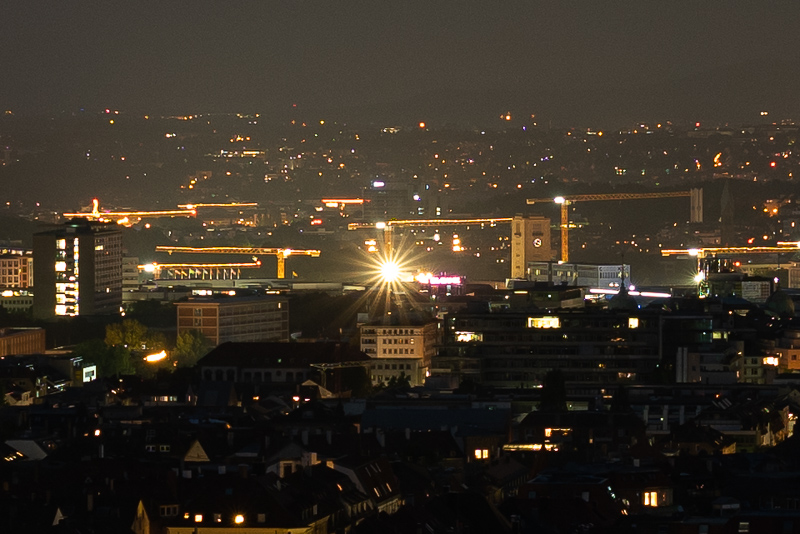

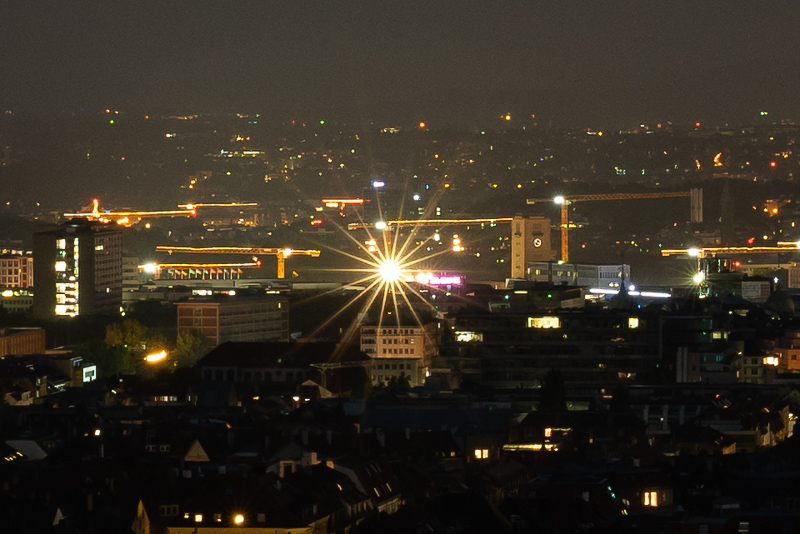
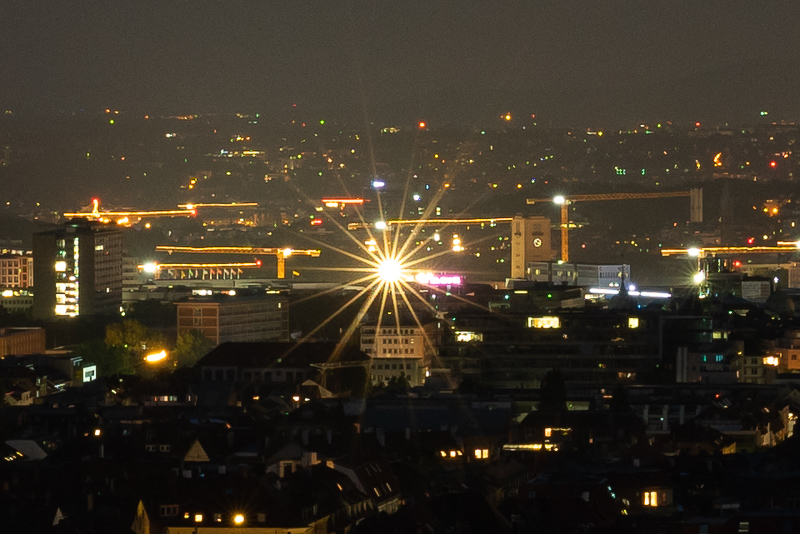
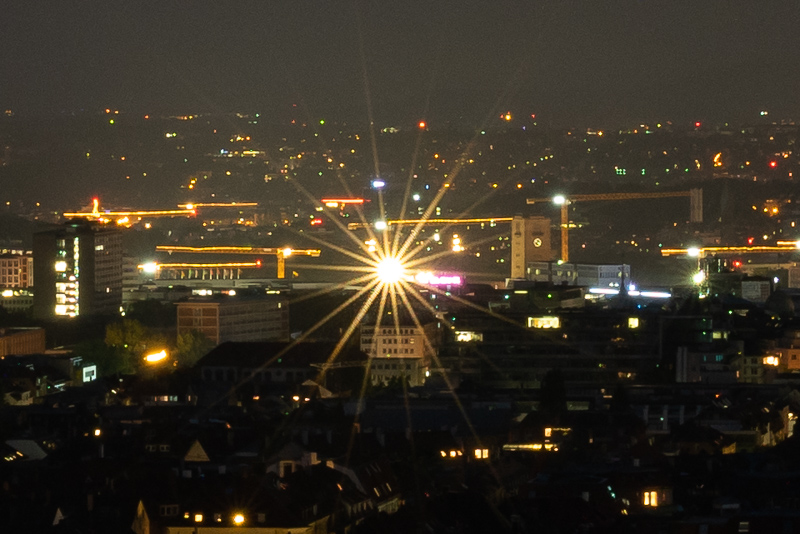


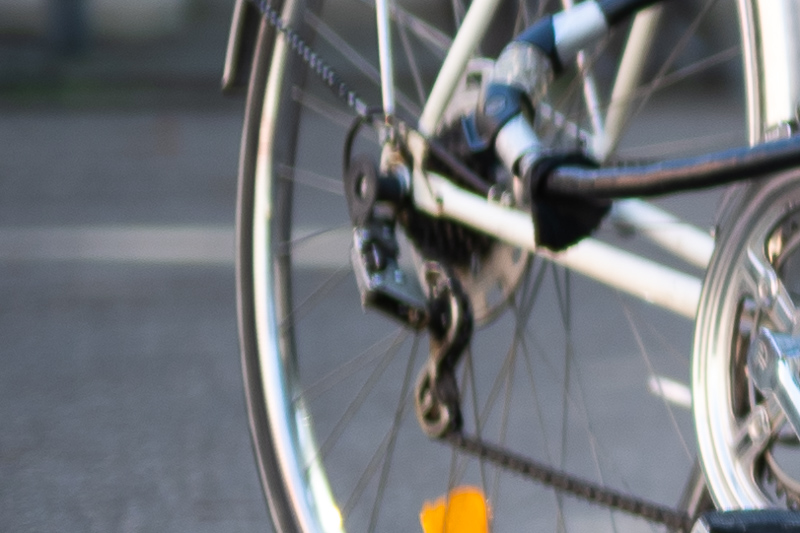
I have a direct competitor of this lens: 7Artisans 35/0.95.
It’s a mixed bag.
Sharpness-wise it’s roughly on par with Laowa, perhaps a bit less sharp.
Lateral CAs roughly as well corrected as the Laowa’s. Longitudinal are worse, but still are good for the lens this fast.
Distortion is slightly worse with 7Artisans.
Bokeh is very good. I think 7A is a bit less smooth at some focus distances and a bit better at others.
7A bokeh quality distribution across the frame is ridiculously good for such a small lens, leaving Laowa (and pretty much anything else) in the dust.
This is due to large image circle and strong field curvature.
How strong? Very. Only at F8 focusing on the midframe one can get something remotely usable as a landscape shot.
In the F0.95-F1.4 range colors do occasionally get a mild purple cast. Not nearly as disastrous as I’ve seen from the widely praised abomination called Pergear 35/1.6, but one might still need a bit of work in post for the pleasing skintones.
Flares look much more pleasing with Laowa than with 7Artisans.
From the look&feel standpoint of the shooting experience 7A is a piece of garbage. Short focus throw, no hard infinity stop, indistinguishable control rings, delicked non-equidistant aperture which slides around from the slightest gust of wind.
Still, the total system weight and size on top of a6000 is unbelievable.
7Artisans seem to be chucking half-baked lenses left and right and once in the blue moon they happen to make something interesting. This is the case. Interesting and half-baked.
If TTArtisan is listening, properly remaking the same lens in the same weight and size budget would be a game-changer for APS-C.
Probably the nicest lens that I would personally never buy
Nice and timely review. The full frame Argusae were expected in Q2 from the announcement Laowa made in Jan so maybe they’ll be here before autumn (october). Perhaps they read J Rask’s review which was less kind re the lack of click stops and as such we’ll se delayed Argusae with click stops 🙂
Between the 35 0,95 and the Voigt 35 SE 1,2 we have somewhat opposite characteristics: (click stops), floating elements and its effect on close focus sharpness, size and weight, (CA), electronics and perhaps similar prices in Europe. We’ll see. I quite like the look of the shots in this review.
If you always crop to square or 4×5 might be one to get
I have a question the genesis of which has caused me time and a sense of anti-climax. Received the LAOWA 33mm 0.95/f today and matched it to both the Fujifilm X-T4 and X-T3. In both cases, the camera failed to fire.
I looked through their rather scanty manual and did not find any description of steps that might be necessary for the lens to work with the two versions of the X-T(n) cameras. I was pretty stumped by the experience, first time ever with lens and I use cropped sensors, full frames and medium format for my work.
I’m rather suspicious I received a defective lens, a lemon. Could you, or some good hearted readers of your informative article, enlighten me as to what am I going through with this.
Much thanks. Please forward your email directly to my mail box at zmac3@outlook.com, and at your earliest convenience. Thank you.
Scroll down to “Settings”.
I saw the potential of this lens design when announced and ordered directly from the manufacturer. Never regretted this decision. They should have done a better job with blacking the inner tube/lens rims. The contrast would be a bit better (~1%) and the flares probably would be deduced!